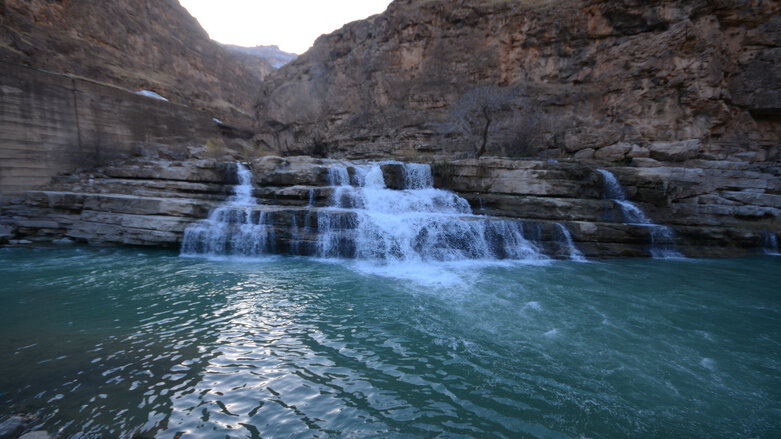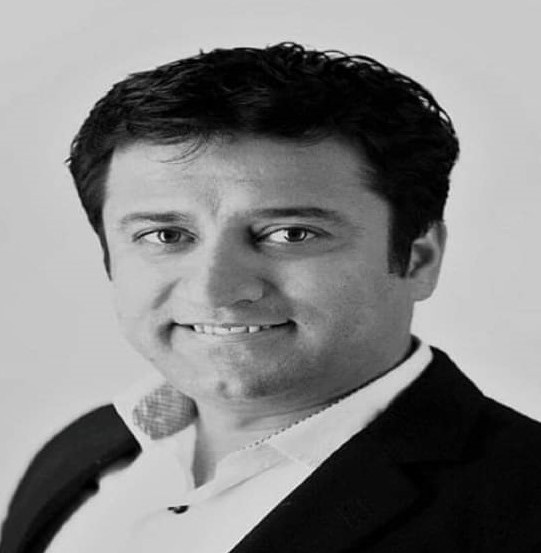KRG investment law encourages green investment

The Kurdistan Regional Government (KRG) plans to reduce CO2 emissions and desertification with more green spaces as part of its Sustainable Development Goals (SDGs) it seeks to implement by 2030.
The KRG Board of Environmental Protection and Improvement, in collaboration with KRG Board of Investment, seeks to “support investment practices that have a positive impact on the natural environment.”
Both boards aim to “achieve economic development due to the foundations of protecting and improving the environment to create a suitable life for the population and reduce natural disasters,” according to the KRG’s 2022 guide for green investment.
Under the Investment Law No. (4) of 2006, the KRG strives to attract foreign investment to provide job opportunities, increase growth rate and per capita income, reduce poverty, increase local production, and use renewable energy to help reduce global warming and protect the ozone layer.
.jpeg)
“Kurdistan’s investment law is one of the best in the Middle East,” said Adil Ahmed, a local investment expert in Erbil. “The law removes all the legal obstacles, grants investors facilities and incentives, exempts them from paying tax to the capital invested.”
The KRG’s investment law allocates land and subsidizes leases for investment projects.
“Foreign investors and foreign capitals are treated the same way as national investors and national capitals,” noted Ahmed. “Foreign investors are entitled to own all the capital of any project that they set up in the Kurdistan Region.”
According to the KRG’s 2022 guide, projects will be exempt from all non-custom taxes and duties for ten years starting from the date of providing service or the date of actual production. In addition, equipment and machinery imported for projects are exempt from taxes and duties.
There are also additional exemptions if the foreign investor decides to invest in the Kurdistan Region. Foreign investors have many options to choose for investment: agriculture and irrigation, dams and renewable energy, infrastructure services, water and sewage, tourism, health and social care, environment, housing, roads and transportation, trade, and industry.
“The Kurdistan Region can offer foreign investors much more,” said Ahmed. “Kurdistan is rich with raw materials, so the investors can benefit from that too.”
